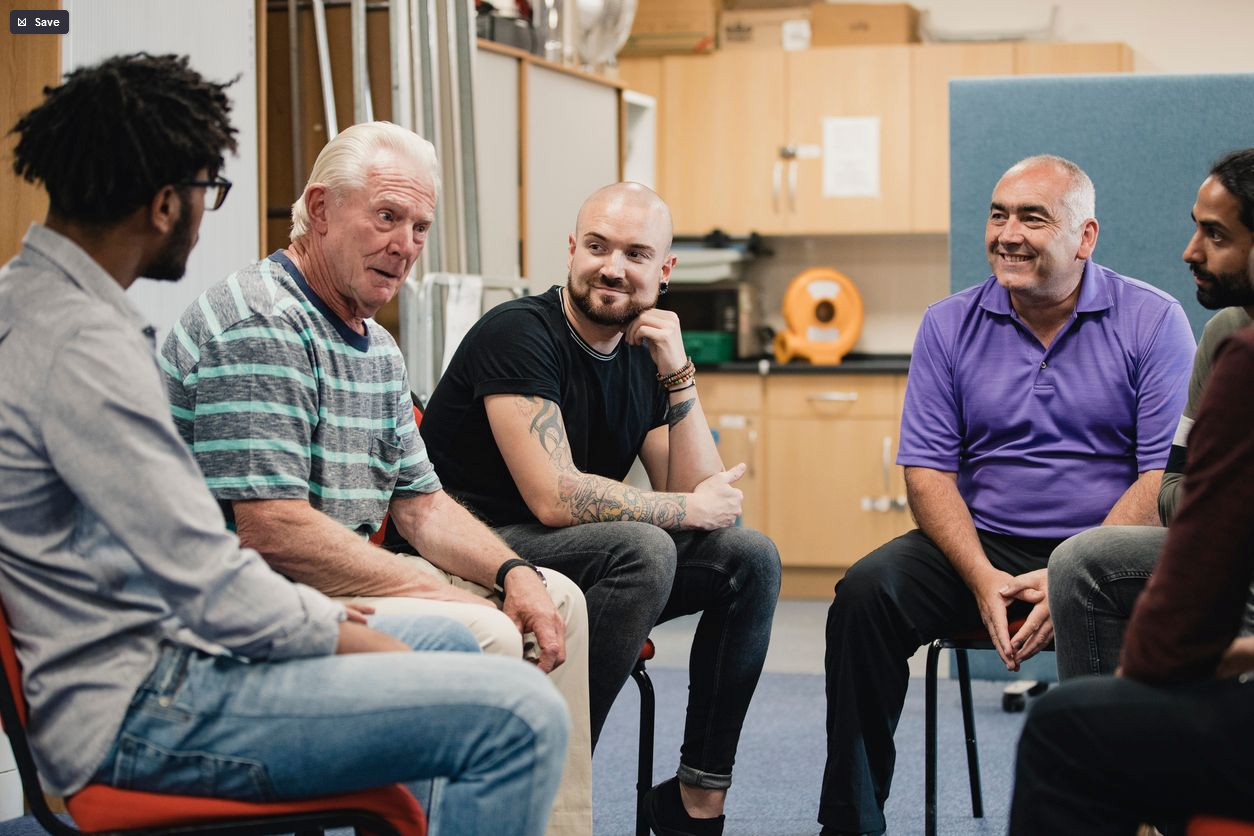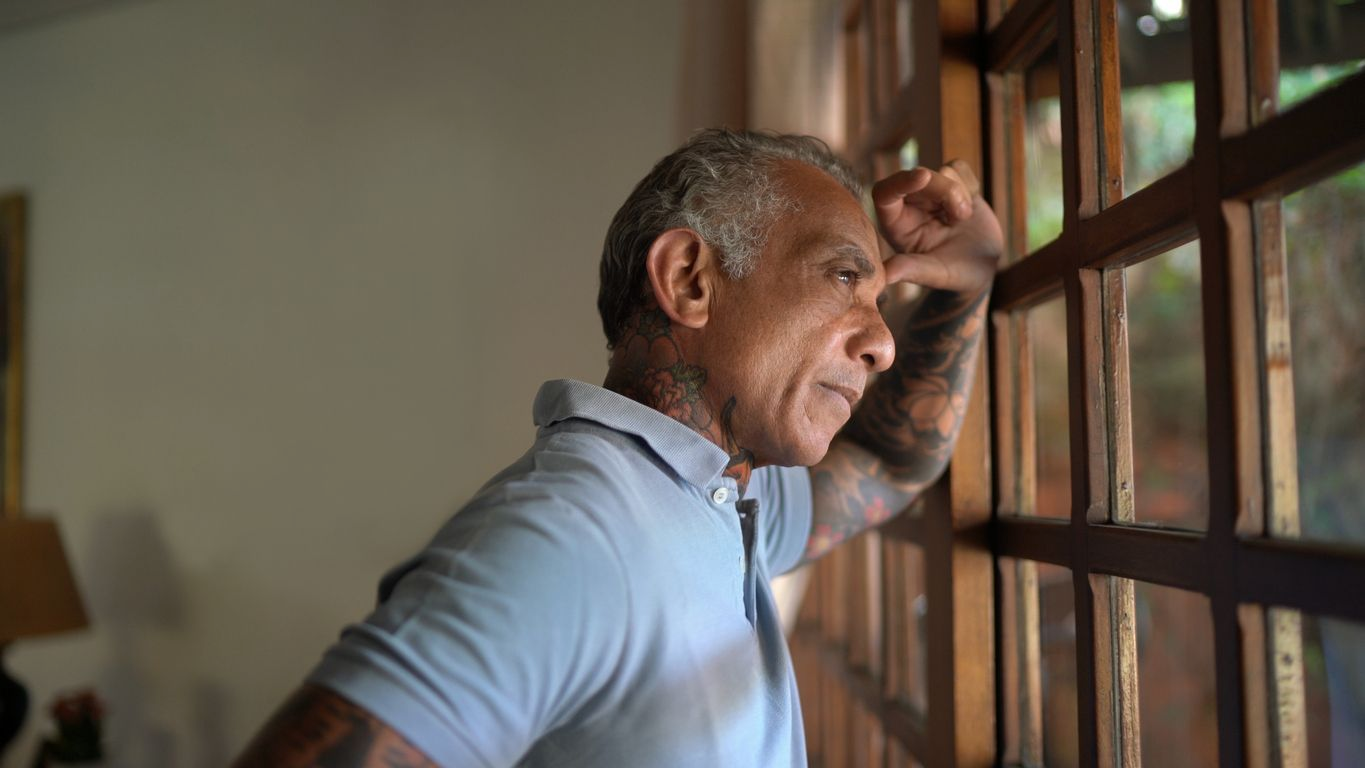Assembling Your Team
Decisions about how to treat your prostate cancer can’t be made in a vacuum. A new diagnosis can come with a lot of confusing information and feelings. Yet, even at this chaotic time, you’ll be asked to make some important decisions based on your doctors’ recommendations. To help you along the way, it’s important to seek support from family, friends, and doctors.
Doctors and Practitioners
Where possible, select a physician who specializes not just in cancer, but in prostate cancer specifically. How do you find such a doctor? If you are newly diagnosed, start by consulting your diagnosing doctor, that is, the one who found your prostate cancer.
Other factors to consider when selecting a doctor:
- Are they affiliated with a reputable university or research hospital?
- Did they seem rushed, or do they seem interested in what is important to you?
- Are you able to communicate with them with ease?
- Are they covered by your health insurance? If not, can you change insurance?
Remember:
- Take your time
- Get second or even third opinions if you don’t feel comfortable
- Be careful of advice that seems highly opinionated, e.g., “surgery is the best” or “radiation is the best” or “eat this herb and your cancer will be cured”
- Avoid any health care provider who seems like he or she is “selling” something. For accurate information, use reputable websites like pcf.org and those that your doctor recommends
- Once you have selected a doctor, trust is key. You are partners in this process
- Continue to be your own advocate: ask questions, do research, and remain curious
If you have a good relationship with your primary care provider, you may opt to stay in close touch about your diagnosis, treatment, and decision-making. Primary care providers can assist in maintaining the “bigger picture” perspective, considering your overall health, and can help you work through complicated decisions.
Friends and Family
Your family wants to support you. Feelings of powerlessness are a common concern around a cancer diagnosis; your loved ones want—or even need—to do something to feel like they are helping. Normally, this may feel like a fantastic offer. But after a cancer diagnosis, you may feel confused about how much support to accept, request, or reject. Keeping open channels of communication is key.
Tips for Spouses, Partners, Caregivers, and Adult Children
- Agree on how you will make decisions
- Get ready for changes in routine
- Understand that changes can trigger emotions for everyone
- Ask how treatments may affect moods, physical ability, and body functions
- It is normal to experience loneliness and fear—seek out support groups for partners and caregivers, in addition to encouraging the patient to attend a support group
With friends and family who have volunteered their assistance, let them know a few specific things that would be helpful. Examples might include rides to treatment, preparing meals, caring for young children, or performing difficult chores during recovery. When things feel overwhelming, don’t be afraid to reach out for support, but also don’t be shy about politely saying “no” to help you don’t want, however generous.
You
Sadness, fear, sleeplessness, and anger are all normal early emotions after receiving a cancer diagnosis. Coping with these emotions is an important part of your treatment and recovery. Seeking professional help, whether from an online community, clergy, a group at your house of worship, a cancer support group, or a private mental health professional is not a sign of weakness. Taking care of your mental health is akin to the kind of psychological training that a quarterback goes through to make sure they can keep their head in the game: it is vital. To join an online support group, please visit pcf.org/support-groups.
The final decision on treatment is yours and may be informed by a variety of psychological, physical, and medical factors. Sometimes, when a man is diagnosed, the first instinct is to choose the first treatment or doctor who promises to eradicate the disease. Many men experience a strong desire to just “get it out” surgically. But it is important to take the time to investigate your options. For example, depending on the features of your cancer, and your age, overall health, and personal family circumstances, active surveillance—which has no direct physical side effects—may be the right choice for you.
Side effects of each treatment are also important to consider, and only you can know what is most important to you. Regardless of which treatment you choose, it’s important to observe any recommended changes to your health habits from the moment you are diagnosed.
Taking care of your emotional and mental health is a vital part of prostate cancer treatment and recovery.
For men who are sexually active, remember that stress can affect erectile function, too. In fact, a diagnosis of any type of cancer can disrupt sexual function for men and women. The maximum sexual function you could potentially regain after treatment will be based on your levels before diagnosis. Seek counseling for you and your partner on how to support each other through therapy and recovery.
Treatment decisions are unique to each person; what was the right choice for your brother or your neighbor may not be the right choice for you.
Last Reviewed: 12/2023




